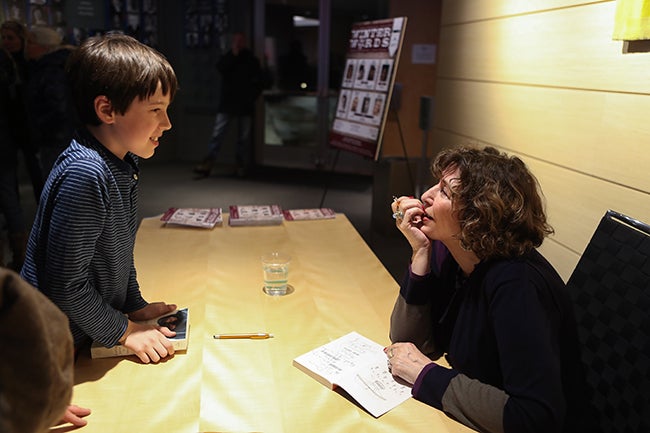At a seminar almost 25 years ago, former journalist and Pentagon spokesman Hodding Carter III said, “democracy is ruling as if you will not be in power one day.” It is, in essence, the Golden Rule of Democracy. It makes so much sense as a practical, civil and moral way to govern. But when is it practiced? We know that for many years those in the Senate “club” treated adversaries with respect and deference. We also know that there is a reverse alchemy in the United States today, turning the golden rule into dust.
Nothing illustrates this more than the extraordinary action of the North Carolina legislature and outgoing governor last month. Having lost the governorship to a Democrat, the Republican legislature met in lame duck session to enact a series of laws limiting the power of the new governor. Governor McCrory quickly signed it into law, as he did the transgender bathroom law that so disgusted businesses around the country, and the gerrymandering and voter suppression laws that the usually conservative 4th Circuit U.S. Court of Appeals said “targeted African Americans with almost surgical precision.” What if every legislature waited to see the results of the election and then changed the rules after defeat? Is this an American State or a banana republic?
There are many lows we are seeing in politics these days. I can’t even begin to catalogue them here. I do not think either party rules under the Golden Rule of Democracy when they have complete control over legislature and the executive. But this action in North Carolina typifies a trend so dangerous to our democratic way of governance – voter suppression, placing partisanship over governance, and now having a majority party decimate the powers of an office when their party’s candidate lost the election – that something must be done.
It is up to the voters of North Carolina, of course, to decide whether to vote the perpetrators of this action out of office. But the citizens in the US today are having trouble dealing with the “other” whether that’s young African-Americans on the street, angry white males, LGBT, urban/rural, or whatever. Yet I sense that we are more likely to see a Golden Rule of Citizenship in play than the Golden Rule of Democracy. Tom Friedman, in his new book, Thank You for Being Late, talks about the ways that local civil society works. When people are neighbors, or have to work together, they tend to bond. Robert Putnam calls it social capital. When they vote on state or local initiatives and referenda, they are thoughtful. Yet when they get in larger political groups, they seem to act differently.
This is not a new phenomenon, really, but it is acute in new ways that should be troubling to all. As a new president and Congress take office at the federal level, and many more at the state and local levels, let’s hope that a new sense of reciprocity will take hold. It’s a hope, but unfortunately not an expectation. That has to come from greater citizen participation, emanating from greater citizen literacies in civics, digital/media literacy, finance, science and culture. It is a long-term proposition but one we should be working on everyday. Let’s hope.


